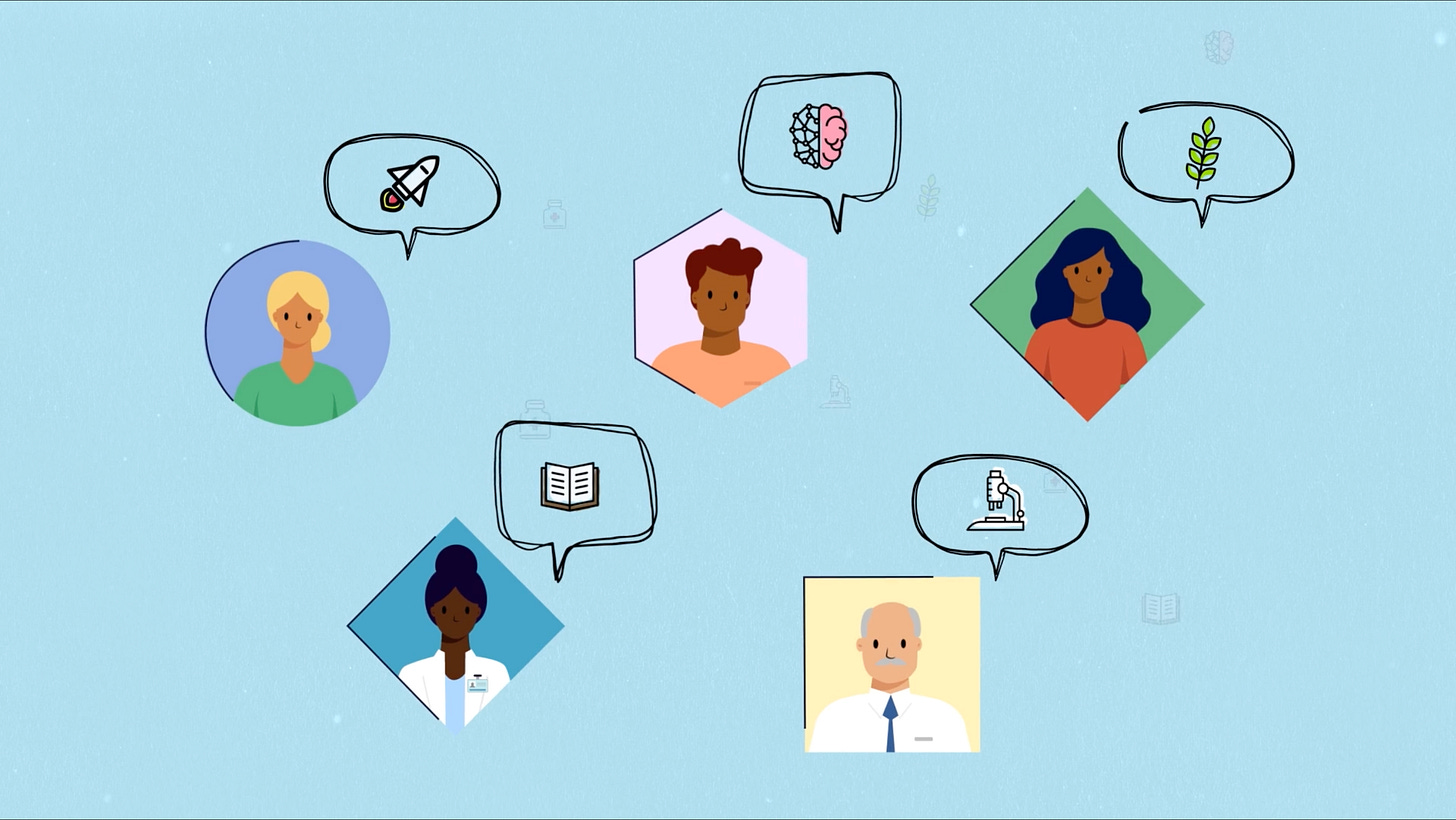The rewards (and risks) when universities interact with society
A conversation with Nina de Roo of Wageningen University about her research into university-led dialogues
A double-edged sword
So-called dialogue events - where members of the public are invited to interact with researchers and share their views on a particular topic - are an increasingly common way for universities to engage with people about their research.
These dialogues can be a powerful way to help researchers understand diverse attitudes and beliefs about an issue, which can shape the direction of their work.
But without proper consideration and planning, they run the risk of having the opposite effect: potentially damaging an institute’s reputation and eroding people’s trust in the research process.
The study
Dr Nina de Roo, an action researcher from Wageningen University, Netherlands, is investigating university-led dialogues as part of her research into science-society interaction.
Earlier this year, she published a study in the Journal of Science Communication called ‘University-led dialogues with society: balancing informing and listening?’
Watch the full interview (15 mins) or skip to the key findings below
Key Findings
1) More Focus on Listening, Less on Information Giving
Often universities use dialogue events as more of a chance to give out information than to listen to others’ views. A balance needs to be struck. Small group discussions seem to work best for this. And including activities like drawing and writing exercises open up opportunities for genuine conversation.
2) Engage Societal Stakeholders from the Start
Bringing in diverse voices right from the start and giving them a role in defining the topics that will be covered in the dialogue, means they’re more likely to be grounded in real-world concerns.
3) Ensure Safe and Inclusive Spaces
It’s essential that participants in dialogues feel safe to share their views without fear of conflict. That doesn’t mean that opposing views or robust disagreements should be avoided. But the atmosphere should remain respectful and open.
4) Clarify and Separate Roles
Trust can be eroded and credibility lost when universities and researchers are not clear about their roles, particularly how neutral they are on a given topic. Nina identifies various ‘roles’ from Pure Scientist to Issue Advocate [more on those in the full interview] that have a bearing on how researchers are viewed by other participants in the dialogue.
5) Bring in Professional Support
Bringing in external, professional support to plan and moderate dialogues can significantly improve the quality of the interactions. Independent specialists will help recruit diverse participants who might not be part of the university’s existing audience, work with them to identify the most relevant topics to cover, and assist with the moderation of the event to ensure the correct balance is struck between informing and listening.
Links
‘University-led dialogues with society: balancing informing and listening?’, Nina de Roo, Tamara Metze, Cees Leeuwis, Journal of Science Communication, Feb 2024






